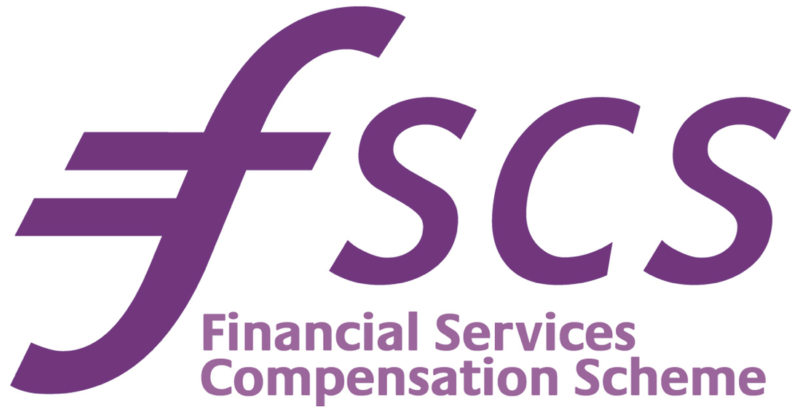Cash ISAs allow you to save without paying tax on the interest.

Normal savings accounts pay you interest at a rate set by your bank or building society. But this is then taxed.
Cash ISAs (Individual Savings Account) allow you to save money without paying tax on the interest you build up.
You may find that to get the best rates, you need to lock up your money in the account for several years.
-
1
How is this allowed?
Cash ISAs were introduced in 1999 by the Government. Their tax-free status was designed to encourage people to save money for the future.
Savers could get great interest rates of 6% or more until the financial crash of 2007. With the decline in the Bank of England base rate, interest rates on cash ISAs fell. Since 2022, however, as the base rate has risen, rates have gone up. You can now get over 3% on some easy access cash ISAs and over 4% if you're willing to lock your money away for a year.
-
2
How much can I deposit?
Your ISA ‘allowance’ for the 2023/24 tax year is £20,000. This can be split however you like between the three main types of ISA: Cash ISA, Stocks & Shares ISA and Innovative Finance ISA.
The allowance changes at the start of every new tax year, which falls on 6th April.
-
3
Is my money safe?
In most cases, money deposited in a Cash ISA will be protected by the Financial Service Compensation Scheme.
If your provider collapses, this scheme will give you your money back. You will receive compensation for deposits of up to £85,000.
-
4
What about alternatives?
There are other kinds of ISA. For example, there are Stocks & Shares ISAs. These allow you to invest in shares and other types of investments tax-efficiently.
They have the potential to beat Cash ISAs, but investing in stocks and shares comes with risks. Find out more here.



